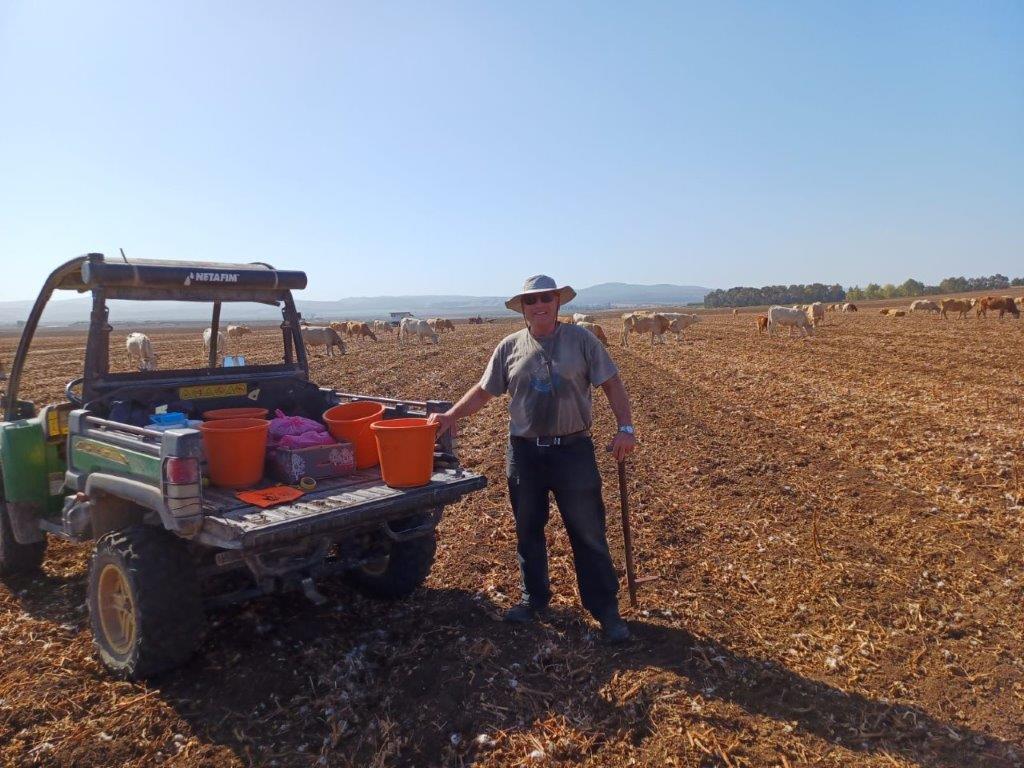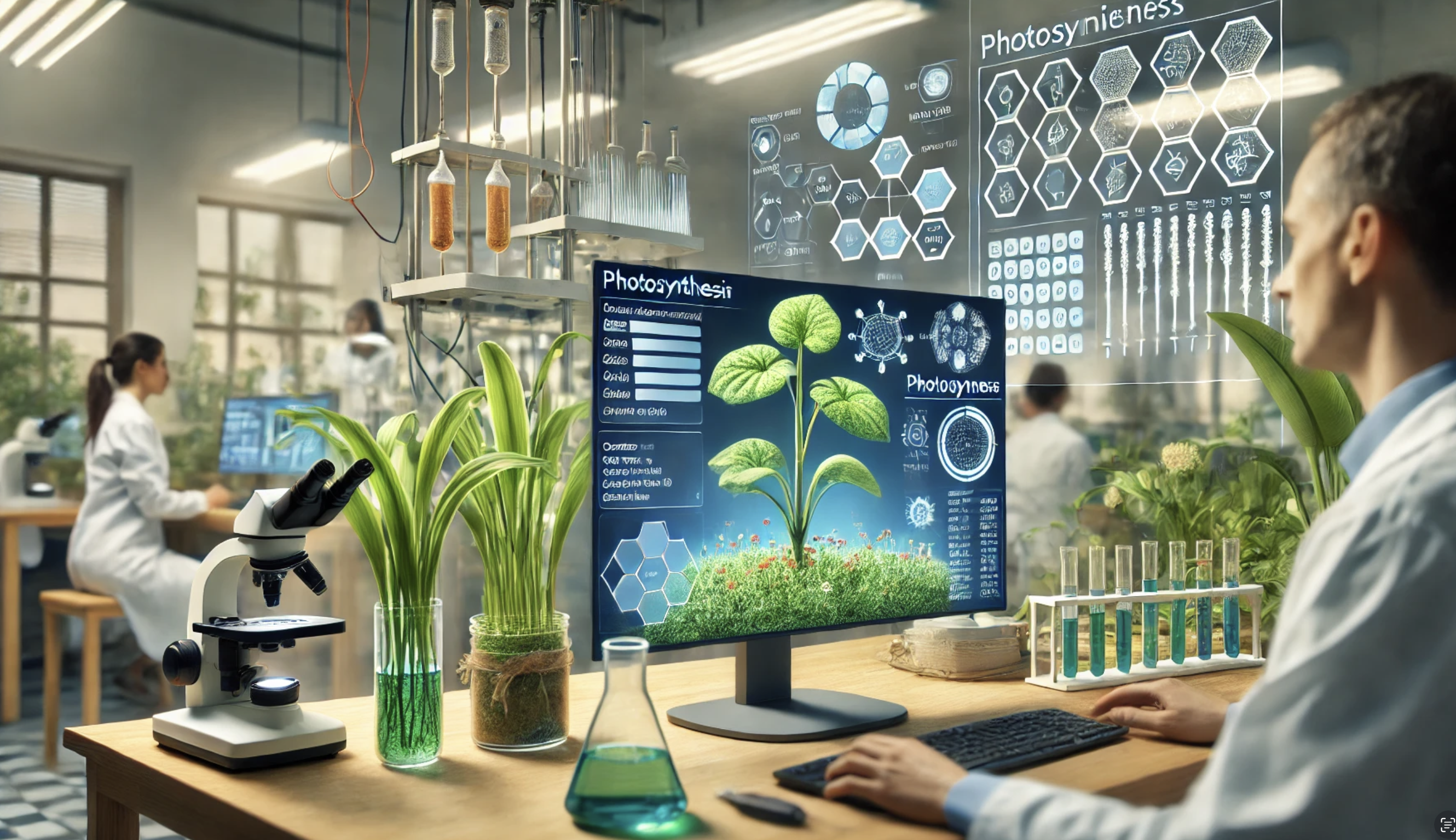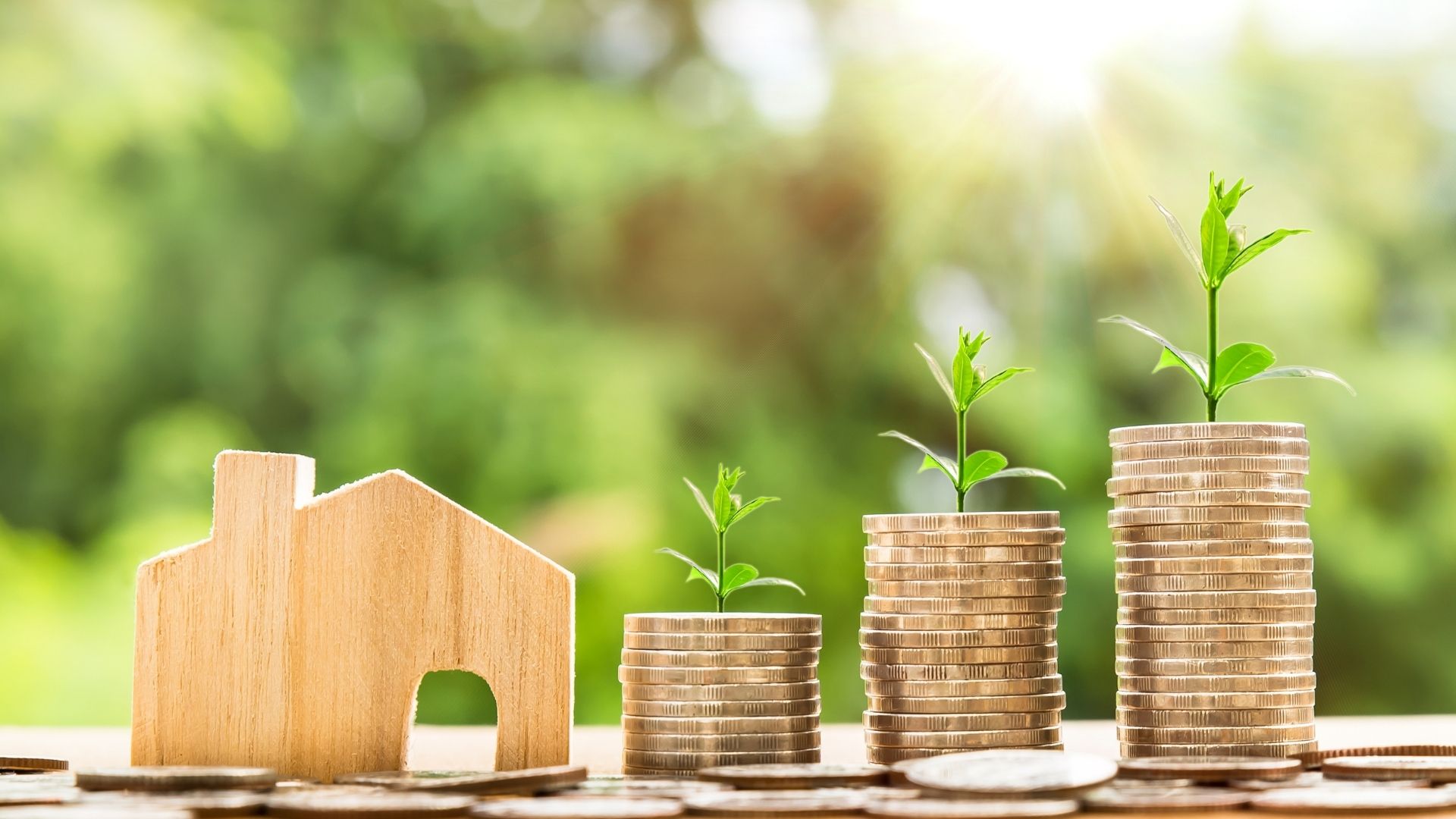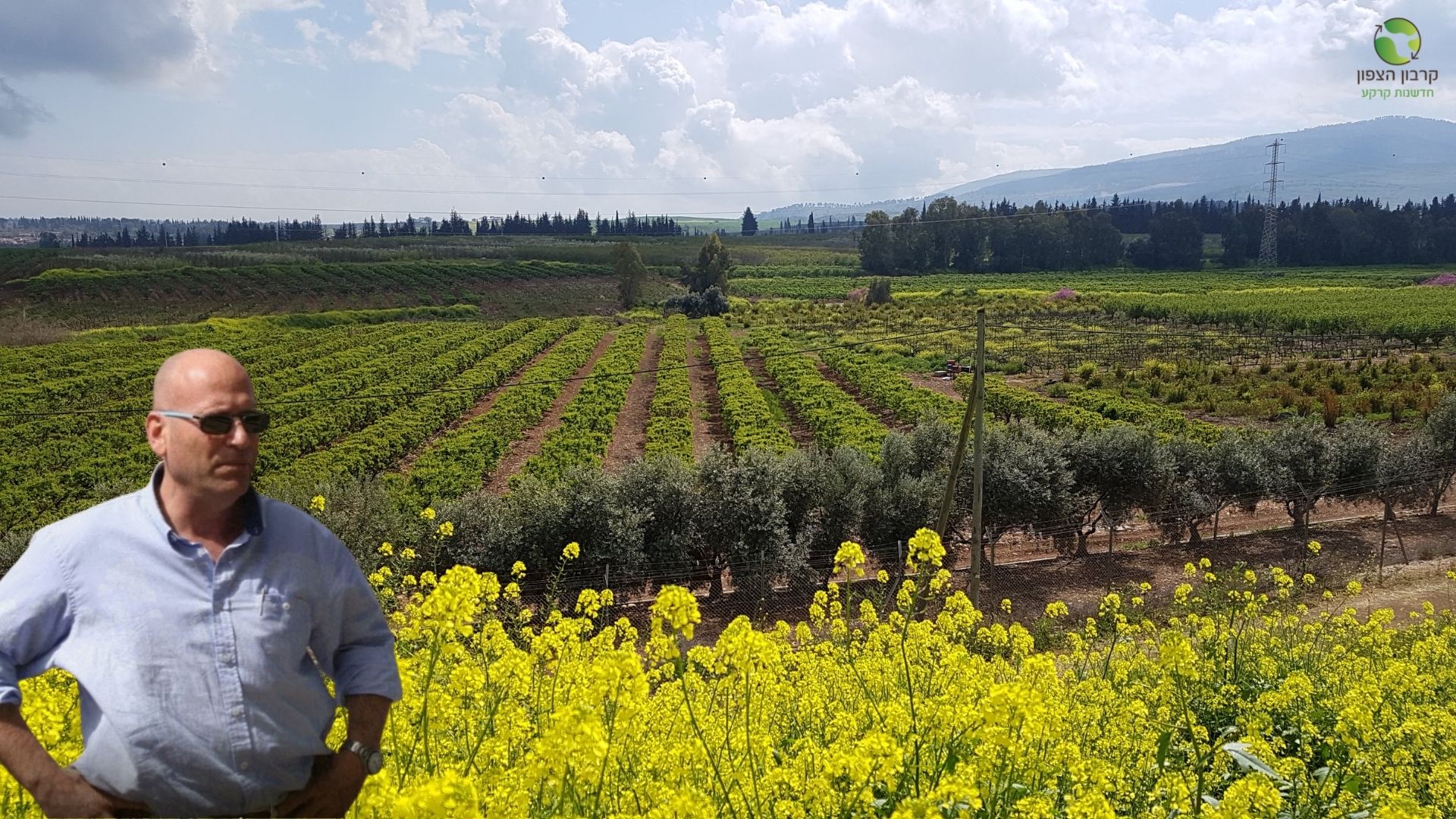Recently, I attended a conference called “Agriculture for the Future.” The event included discussions on regenerative agriculture, soil health, carbon-reducing farming methods, and so on. To be honest, it was an interesting and well-organized event, with many speakers and panel participants bringing up intriguing points about regenerative agriculture ideas. There were even a few farmers on the panels who did a good job talking about their experiences trying out newer “regenerative” methods.
However, throughout the event, as I listened to the presenters, I had that same sinking feeling I get almost every time I attend such events—so many of the people presenting at these conferences have no real experience operating an actual farm, yet they seem to think they can impose their ideas on how farms and farming should be run on those of us who do it.
At the conference, I could count on one hand the number of farmers who attended or were asked to be presenters or panel members. Without the online publicity, it seemed like there were no farmers there at all.
At these events, I often hear a lot of questions like: How do we convince farmers to switch to “better” methods? How do we show them to reduce the use of pesticides and fertilizers? How do we persuade them to grow “more sustainable” crops that are better for the environment? How do we move farmers to organic or regenerative management? How do we get farmers to reduce greenhouse gas emissions? So many lectures on how to convince farmers to change methods—without farmers present to hear from them or even explain why they do what they do.
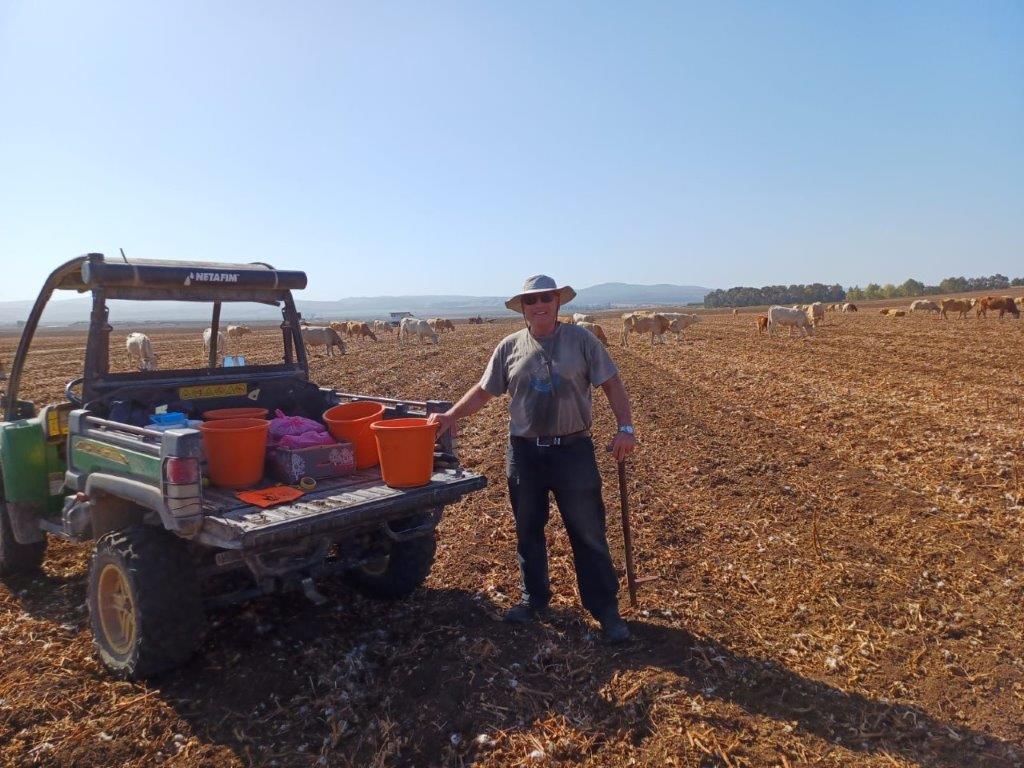
It’s not just at big events. Almost every time I log onto social media, I see criticism of modern agriculture. People with little understanding of science and real research are frightened by irresponsible articles in the media claiming that we are all poisoned because of agriculture. The public, unsurprisingly, is concerned about all this and wonders why farmers don’t change their methods.
Farmers don’t need people to tell them how to do more “sustainable” or “efficient” farming. Farmers don’t need people who have never worked in the field to explain to them how to reduce the use of pesticides and fertilizers. They don’t need policymakers to “encourage” us to be more environmentally friendly.
In most of these cases, the public is asking the wrong questions. In fact, they are not even listening to the right people. What they need to do instead is talk to real, authentic farmers who make a living from the land.
Farmers don’t need people to tell them how to do more “sustainable” or “efficient” farming. Farmers don’t need people who have never worked in the field to explain to them how to reduce the use of pesticides and fertilizers. They don’t need policymakers to “encourage” us to be more environmentally friendly. Why?
The incentives already exist. Every farmer knows that farming is hard. The two factors that have the greatest impact on our income—weather and commodity markets—are beyond our control.
I don’t know if there will be enough rain this year, I definitely don’t know if there will be too little or too much, at the right times, if there will be a heatwave or a frost. I can’t predict commodity markets. No one can; markets are driven by supply and demand that are out of my control. This means that my role as a farmer, when it really comes down to it, is risk management.
“It’s important to emphasize what can be defined as hyper-locality (or ‘extreme locality’) of agriculture. What works on my farm may not work on a farm just 10 kilometers away.”
Fertilizer is expensive. Pesticides are expensive. So are diesel, seeds or seedlings, labor, machinery, and everything I need to plant, manage, and harvest a crop and operate my farm each year.
If my crop doesn’t “use” the inputs I apply efficiently, I lose money. If I have more equipment than I need, I lose money. If I don’t manage my workers properly, I lose money. Even if I do everything right and check off every box perfectly in the crop, I can still lose money! There are no guarantees in farming.
A counter-argument I often hear is that I am not exposed to the “environmental cost” of my actions. Hence, the need for carbon taxes and emission reduction regulations. This is not accurate. The soil I cultivate plays a crucial role in my future success. If I destroy and degrade it, I won’t be able to make a living in the long run.
One of the things I often say about farming is that we rely on the generations before us to create a future for our children and grandchildren. This is the generational nature of farming; I am a third-generation farmer with the hope of building a business strong enough to survive. No, actually to thrive—into the fourth and fifth generations. I am not unique in this. Most farmers have the exact same goal.
Does this mean we are perfect? No! Does it mean there aren’t better practices we haven’t yet discovered? Of course not. Farmers like me rely on guides, researchers, and experts to help us learn how to improve our methods, with research on agronomy, crop variety development, and much more.
The success of my farm, and all others, is significantly driven by the success of researchers and people who can help me implement and succeed in implementing. Given time, if researchers develop a better way to achieve greater success for me and my land, it is in my interest to seek out those methods. I rely not only on them but also on experts in accounting, law, corporate governance, business management, marketing, and much more to help me find the ideas and practices that can develop a brighter future for me and my community.
My farm is in a constant state of update and change, and I invest a lot each year in learning new and better ideas. But when it comes time to try something new, I have to try it on my farm to see if it works here. Sometimes it does, sometimes it doesn’t. And often it is different for each farm. The experts I seek are those who communicate regularly with farmers to ensure they are on the right track with their new idea.
It’s important to emphasize what can be defined as hyper-locality (or “extreme locality”) of agriculture. What works on my farm may not work on a farm just 10 kilometers away; not to mention someone who grows dryland, irrigated, vegetables, or just orchard crops. Or livestock. Each area is different, with different soil and climate conditions.
The multinational campaigns that multinational companies choose to run often ignore this reality, and they have a direct impact on the daily consumer’s view of agriculture, which can sometimes lead to regulation. The regulations set by governments directly affect our livelihoods.
How is this a problem? Well, the reason these companies try to appear more environmentally friendly is to improve their profit margins, and even if they have good intentions, they usually have misleading information. Why? Because such companies rarely invest time and money to talk first with local farmers to understand the hyper-locality of agriculture. Such campaigns, disconnected from the location of the farm and fields, directly affect our ability, for better or worse, to be economically sustainable, often creating the wrong kinds of incentives and sometimes preventing the building of multi-generational family farms.
Don’t get me wrong; regulation is often necessary and can be done well. Sometimes we need the government to protect against negative impacts from players who don’t consider the future in decision-making. Sometimes farmers need protection from monopolies and oligopolies in the agricultural sector. But these regulations need to be designed with the absolute minimum necessary components to achieve security against these phenomena.
If regulators want to succeed, they need to talk directly with farmers. They need to hear the farmer’s concerns and fears. They also need to listen to their ideas—we have plenty of them! Cooperation is key to success—and cooperation only works if both sides can talk and listen.
All this means that when you feel you want to create change in agricultural systems to improve its impact on the environment, make food safer and better, or even protect farmers, make sure your first step is to talk to farmers. And not just one or two. Talk to as many as possible. We all have our challenges and struggles. We have all had great successes and terrible failures. We all have different opinions about almost everything we do. But no one knows more about agricultural land than farmers.
No one else spends thousands of hours on dirt roads, crawling over every bump and little ditch, watching the rain fall, observing the waving flag leaf of wheat in the wind, listening to the buzz of millions of insects and animals inside. The quiet of the evening. No one else understands how water moves across the land, how this or that spot dries first, where a tractor is likely to get stuck if it rains. No one else feels the deep connection that comes from farming that same piece of land for decades, even hundreds of years, from generation to generation.
So next time you think about agriculture, its impact on the environment, and how it can be improved, reach out to me or any Israeli farmer. Next time you decide to hold a conference or digital event on agriculture, ask several farmers to be involved as presenters and panelists. Give them the freedom to voice their opinions. You might be surprised by what you hear and what solutions might benefit the people who actually make a living from the land.
The best way to move forward is to talk to each other and listen.


